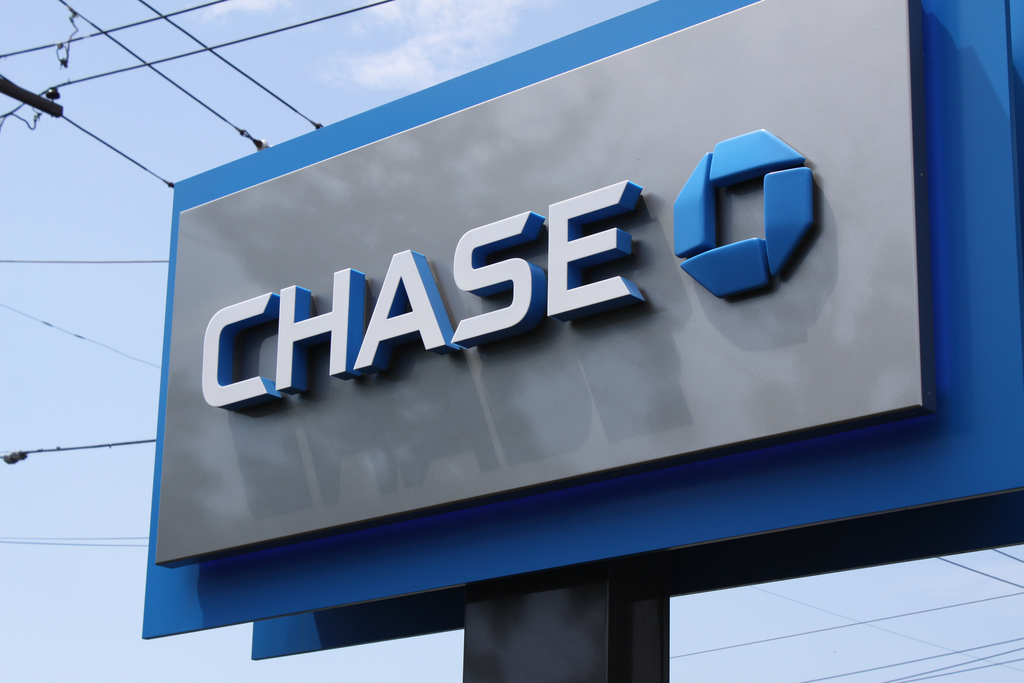JPMorgan is among the few banks that are trying to make blockchain mainstream technology of the financial sector. According to the Financial Times, the project of interbank blockchain transfers, led by JPMorgan, attracted 75 banks to test the system.
American financial holding JP Morgan Chase announced launch of the interbank information network at the end of last year. At the start, the partners of the project were the Australian bank ANZ and Royal Bank of Canada. It is expected that other financial institutions will join it later. FT reported on Tuesday that the network now includes the financial-credit Spanish group Santander and Societe Generale.
Earlier in the spring, JPMorgan CFO Marianne Lake said: "One of the most expensive and time-consuming elements of cross-border payments today are related to correspondent banks that must investigate and respond to mutual requests for confidential data. Today, payments can be deferred for up to two weeks, but this technology [distributed registry] can reduce this to minutes."
JPMorgan is one of several banks trying to implement the blockchain technology in the main work of the traditional financial system. IIN is created as a single network for cross-border payments, which allows banks to quickly and easily add or update information necessary for payment between banking institutions. Such a network is a direct competitor to the outdated SWIFT system and new technologies of Ripple.
By the way, Ripple also has something to boast about: xRapid is expected to be launched in the near future, which allows calculating the value using the XRP tokens as a bridge currency. Due to technical features, this way of transferring money is much faster, safer and cheaper than the classical one.
If the project is successfully launched, then systems such as SWIFT will eventually lose their relevance and, possibly, even cease to exist. About 19 financial institutions test xRapid, including Banco Santander, Mercury FX, MoneyGram, Western Union, Viamericas and Cambridge Global Payments.
At the beginning of the year, Ripple concluded numerous partnerships with large banks and financial institutions. RippleNet already has more than 100 companies that use the technology of the blockсhain project in San Francisco, in order to improve the speed of international transactions and reduce their cost.
source: ft.com
American financial holding JP Morgan Chase announced launch of the interbank information network at the end of last year. At the start, the partners of the project were the Australian bank ANZ and Royal Bank of Canada. It is expected that other financial institutions will join it later. FT reported on Tuesday that the network now includes the financial-credit Spanish group Santander and Societe Generale.
Earlier in the spring, JPMorgan CFO Marianne Lake said: "One of the most expensive and time-consuming elements of cross-border payments today are related to correspondent banks that must investigate and respond to mutual requests for confidential data. Today, payments can be deferred for up to two weeks, but this technology [distributed registry] can reduce this to minutes."
JPMorgan is one of several banks trying to implement the blockchain technology in the main work of the traditional financial system. IIN is created as a single network for cross-border payments, which allows banks to quickly and easily add or update information necessary for payment between banking institutions. Such a network is a direct competitor to the outdated SWIFT system and new technologies of Ripple.
By the way, Ripple also has something to boast about: xRapid is expected to be launched in the near future, which allows calculating the value using the XRP tokens as a bridge currency. Due to technical features, this way of transferring money is much faster, safer and cheaper than the classical one.
If the project is successfully launched, then systems such as SWIFT will eventually lose their relevance and, possibly, even cease to exist. About 19 financial institutions test xRapid, including Banco Santander, Mercury FX, MoneyGram, Western Union, Viamericas and Cambridge Global Payments.
At the beginning of the year, Ripple concluded numerous partnerships with large banks and financial institutions. RippleNet already has more than 100 companies that use the technology of the blockсhain project in San Francisco, in order to improve the speed of international transactions and reduce their cost.
source: ft.com





